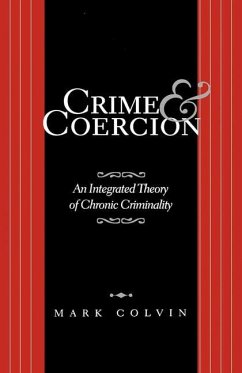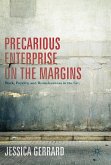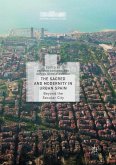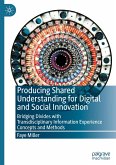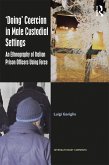In a major new theory of criminal behavior, Mark Colvin argues that chronic criminals emerge from a developmental process characterized by recurring, erratic episodes of coercion. Colvin s differential coercion theory, which integrates several existing criminological perspectives, lays out a compelling argument that coercive forces create social and psychological dynamics that lead to chronic criminal behavior. While Colvin s presentation focuses primarily on chronic street criminals, the theory is also applied to exploratory offenders and white-collar criminals. In addition, Colvin presents a critique of current crime control measures, which rely heavily on coercion, and offers in their place a comprehensive crime reduction program based on consistent, non-coercive practices.

